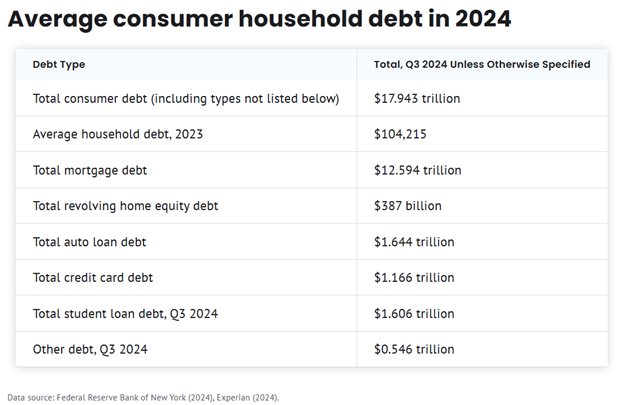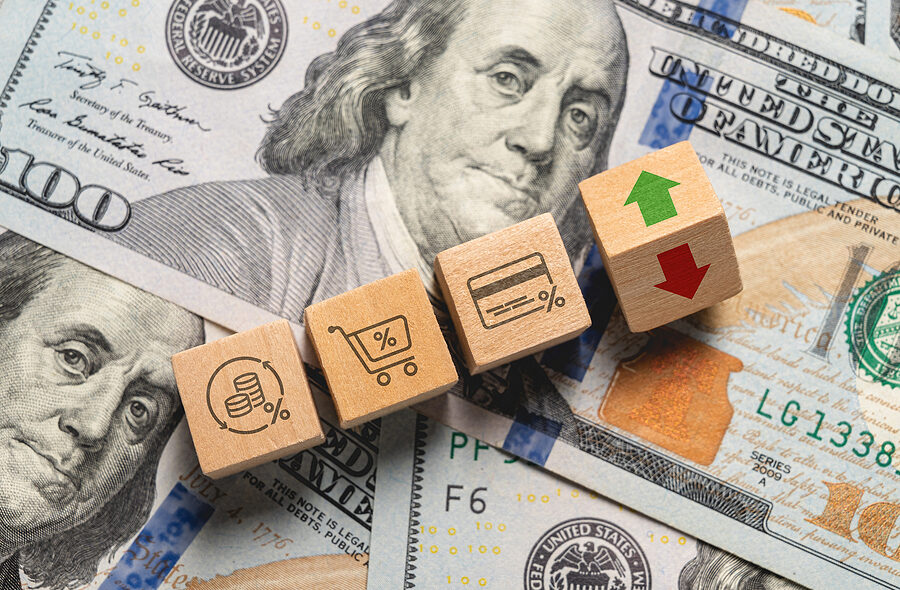Despite attempts at financial equality, men on average earn more than women, which has an impact on personal finance. Women tend to be more cautious with money, when it comes to spending, saving, borrowing, and investing.
In contrast, men feel more social pressure to display wealth and status, going into debt, if necessary to do so. Also feeling pressure to create financial stability as the breadwinner in their relationships.
On average, women are still responsible for the majority of household duties and child rearing responsibilities, which has a significant impact on their lifetime earning potential. Women also suffer more financial consequence from divorce.
Gender does not affect a person’s ability to manage money, build credit, use debt responsibility, or invest for the future. But external factors like societal pressures assigned to gender roles can have a financial impact.
Following decades of narrowing the gender wage gap, 2023 threw a curve ball. For the first time in 20 years, the gender pay gap widened significantly, according to the Annual Income in the United States Report from the U.S. Census Bureau.
Women who worked full-time were paid about 82.7 percent of a man’s salary in 2023, down from 84 percent in 2022. Full-time male workers made a median salary of $66,790, while full-time female workers made $55,240. That’s a difference of $11,550 per year, a gap that only widens further for women of color, those with disabilities, and women working part-time.

Experian compared debt balances among men and women and found that men carry more debt in all categories except student loans.
Studies also report women feeling more stressed by finances than men. A recent nationwide Bankrate study reported more than 2 in 5 women (or 46 percent) say money issues have negatively affected their mental health, prompting feelings of anxiety, depression, sleeplessness and stress. That number compares with 38 percent of men.
Click here to read more.
If you have questions on this topic or are in financial crisis and considering filing for bankruptcy, contact an experienced Miami bankruptcy attorney who can advise you of all of your options. As an experienced CPA as well as a proven bankruptcy lawyer, Timothy Kingcade knows how to help clients take full advantage of the bankruptcy laws to protect their assets and get successful results. Since 1996 Kingcade Garcia McMaken has been helping people from all walks of life build a better tomorrow. Our attorneys’ help thousands of people every year take advantage of their rights under bankruptcy protection to restart, rebuild and recover. The day you hire our firm, we will contact your creditors to stop the harassment. You can also find useful consumer information on the Kingcade Garcia McMaken website at www.miamibankruptcy.com.




